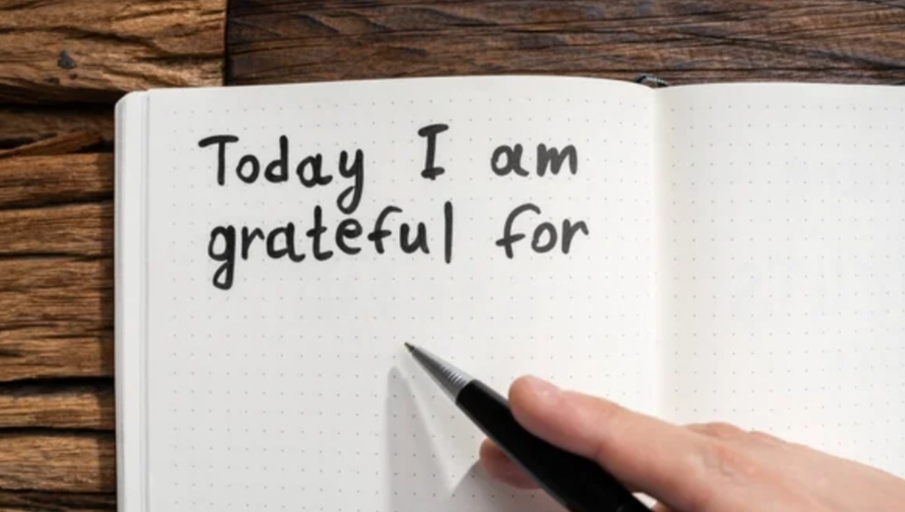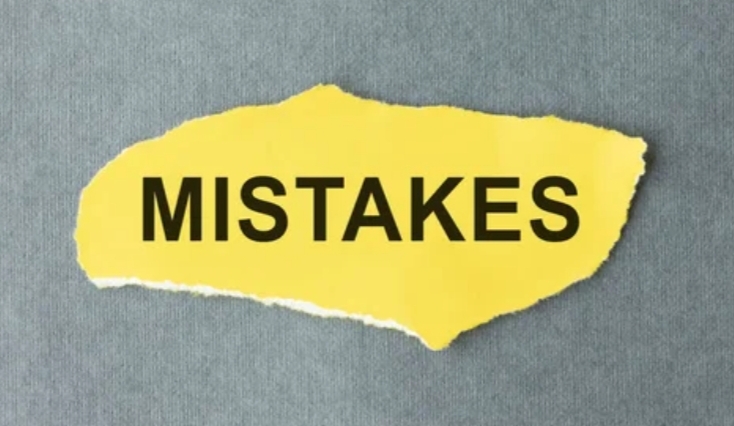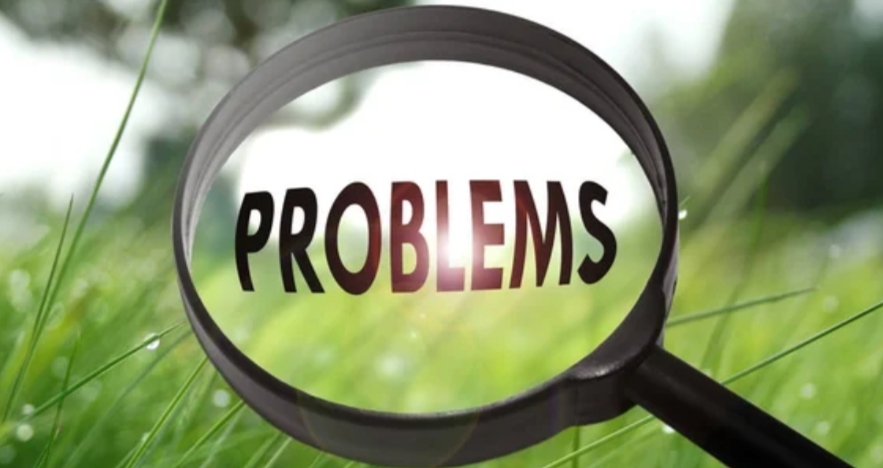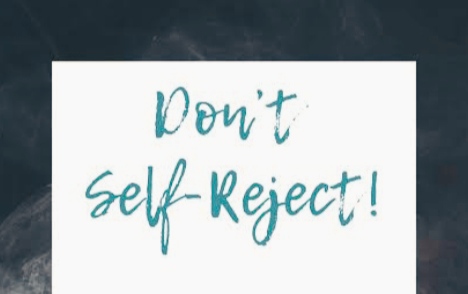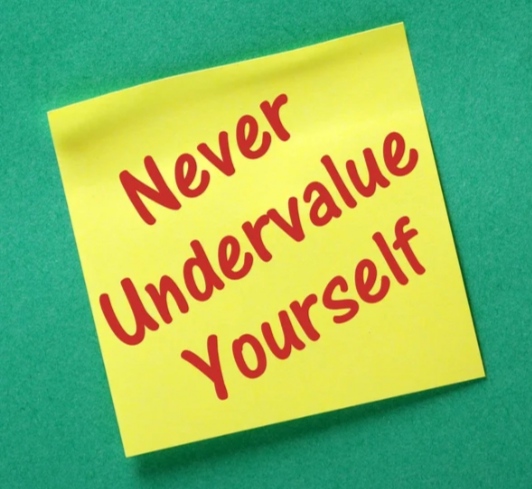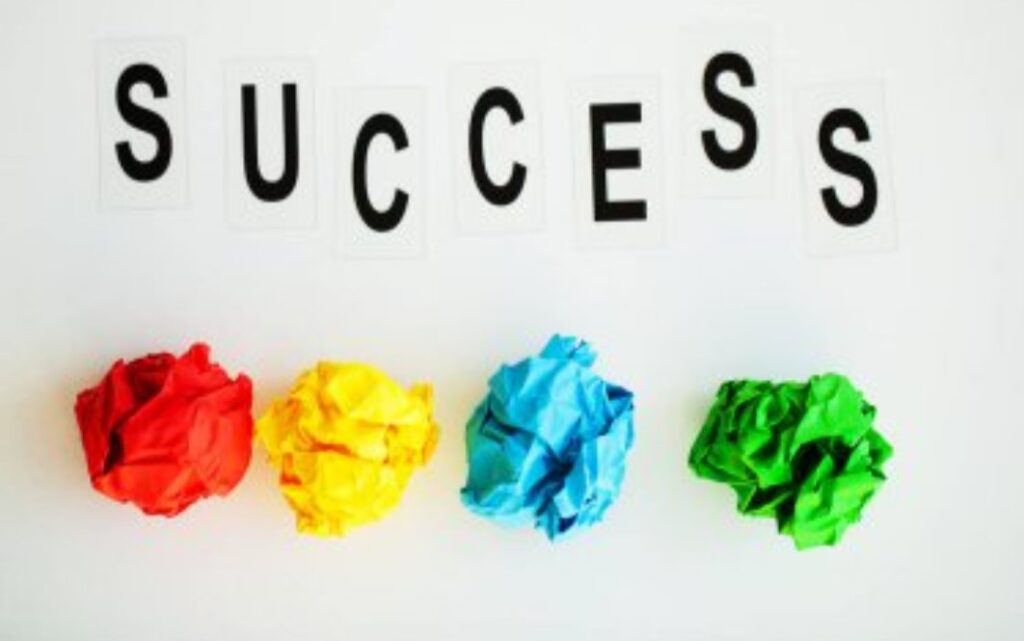
We’ve all seen the “Success” graphic: two panels side-by-side. On the left, a straight arrow pointing diagonally upward labeled “What people think it looks like.” On the right, a chaotic, tangled bird’s nest of loops, drops, and jagged spikes labeled “What it actually looks like.”
It’s a cliche because it’s true. Yet, despite knowing this intellectually, we still feel like failures the moment we hit a detour. It’s time to stop viewing the zig-zags as interruptions and start seeing them as the path itself.
The Myth of Linear Progress
From a young age, we are conditioned for linearity. School follows a set sequence: Grade 1, Grade 2, Graduation. Careers are often framed as a ladder where the only direction is up. This creates a psychological trap, we begin to equate stagnation or pivots with regression.
In reality, progress often requires change in directions we didn’t anticipate. Consider these common detours that are actually growth spurts in disguise:
- The Pivot: Realizing your initial goal wasn’t actually what you wanted.
- The Plateau: Periods where you aren’t climbing, but you are consolidating your skills and building stamina.
- The Failure: Not a dead end, but a data point telling you which variable needs to change.
Why the Twists Matter
If success were a straight line, it would be efficient, sure, but it would also be incredibly fragile. The messy path builds something efficiency cannot: Resilience.
- Iterative Learning: Much like the scientific method, success is a series of hypotheses. You try a strategy, it fails, you adjust the variables, and you try again.
- Breadth of Experience: Those who take the “scenic route” often collect a diverse toolkit of skills. A failed startup founder might become a world-class consultant because they’ve seen exactly where the pitfalls lie.
- Character Development: Success is as much about who you become as it is about what you achieve. The straight path doesn’t test your grit, the loops do.
Redefining the Map
If you’re currently feeling lost or like you’re moving backward, keep these three perspectives in mind:
The Old Mindset
- A setback is a sign to quit
- Speed is the ultimate metric
- Mistakes are wasted time
The Growth Mindset
- A setback is a recalculating phase
- Sustainability and depth are the metrics
- Mistakes are tuition for the School of Life
“I have not failed, I have just found 10,000 ways that won’t work” – Thomas Edison
Success isn’t a destination reached by a paved highway; it’s a destination reached by hacking through a jungle. Some days you’ll find a clearing, and some days you’ll have to double back to find a better stream to cross.
The next time you feel like you’re off-track, remember, as long as you are still moving, you haven’t lost the path. You’re just navigating a curve you didn’t see on the map.

